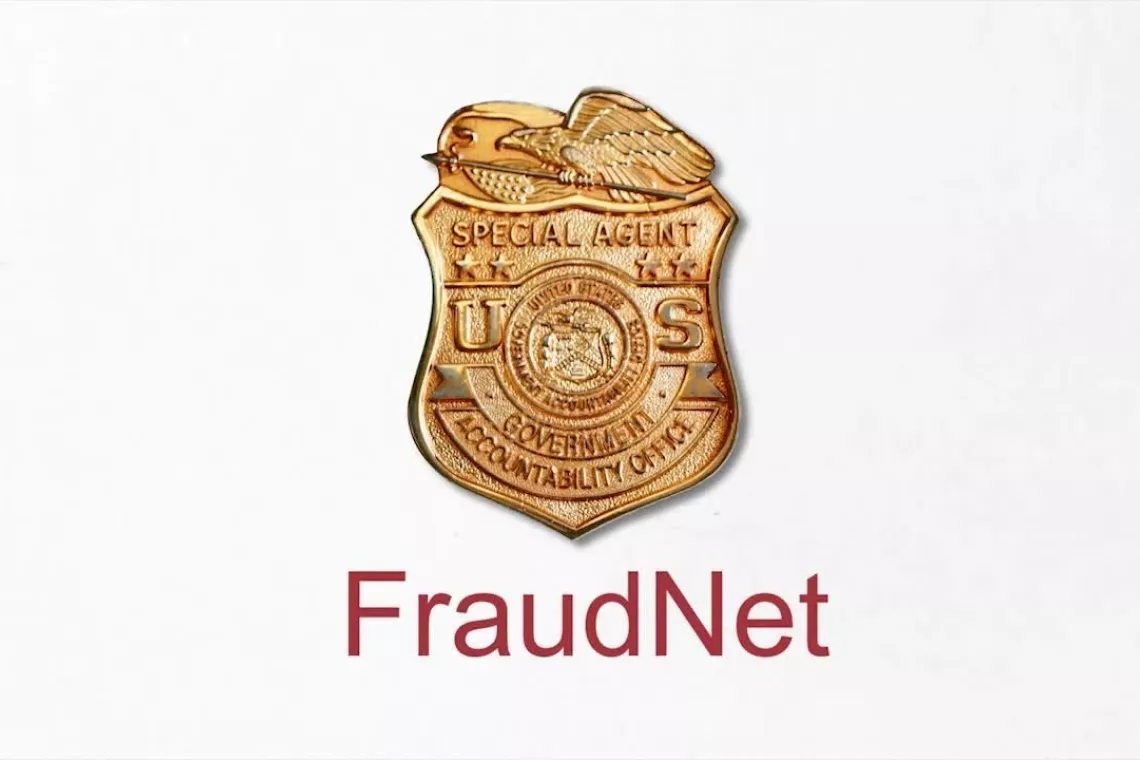Preventing Fraud in CARES Act Programs
Congress appropriated nearly $5 trillion through the Coronavirus Aid, Relief, and Economic Security Act (CARES Act) and other COVID-relief legislation to respond to the pandemic’s threats to public health and to provide relief to individuals and businesses affected by COVID-19. Prioritizing rapid distribution of aid over control checks—such as for verifying identity and eligibility—was important for getting aid to people impacted but also increased the risk of fraud.
In recognition of International Fraud Awareness Week, today’s WatchBlog post looks at some examples of fraud cases in CARES Act programs, asks how agencies are trying to address fraud risks, and points to GAO’s oversight role in fraud risk management.
Image

What does fraud in CARES Act programs look like?
Fraud occurs when someone knowingly misrepresents information to receive something of value.
Fraud awareness week promotes antifraud awareness and education. Fraud awareness week also encourages organizations to proactively take steps to minimize the impact of fraud. This year, we are highlighting just a few cases of fraud in CARES Act programs from our reports in July and October 2021.
- One individual was sentenced to 40 months in prison and ordered to pay nearly $1.4 million in restitution after pleading guilty to a scheme involving the Economic Injury Disaster Loan Program (EIDL) and Paycheck Protection Program (PPP). This individual admitted to submitting over 20 fraudulent EIDL applications and reported having over $5 million in payroll expenses on a PPP application despite not being a business owner or having any employees.
- Another individual pleaded guilty to fraudulently spending Economic Impact Payments for personal use. The funds were intended to be used by other taxpayers to help ease financial burdens during the COVID-19 pandemic, such as monthly bills or buying groceries.
- A third individual admitted to filing fraudulent Unemployment Insurance (UI) claims using the stolen identities of dozens of individuals to obtain more than $500,000 and was sentenced to 37 months in prison and ordered to pay close to $270,000 in restitution.
How are agencies managing fraud risks to CARES Act programs, and what improvements have we recommended?
We’ve been encouraging agencies to proactively take these steps through our Fraud Risk Management Framework. We’ve also reported on steps agencies have taken or could have taken to prevent fraud in CARES Act programs.
Small Business Administration (SBA) has taken steps to improve fraud detection and response efforts in its PPP and EIDL programs as a result of GAO’s recommendations in these areas.
The Department of Labor (DOL) is providing states with the ability to use up to $140 million in grants to combat fraud and increase equity in UI programs. DOL also plans to support the modernization of state IT systems nationwide to assist in fraud detection.
How can you report fraud?
If you suspect fraud, waste, or abuse related to the COVID-19 pandemic or the CARES Act, please report it to GAO’s FraudNet. You can access FraudNet in three ways:
- Using the online reporting portal
- Emailing fraud@gao.gov
Calling the FraudNet hotline at 1-800-424-5454
- Comments on GAO’s WatchBlog? Contact blog@gao.gov.





